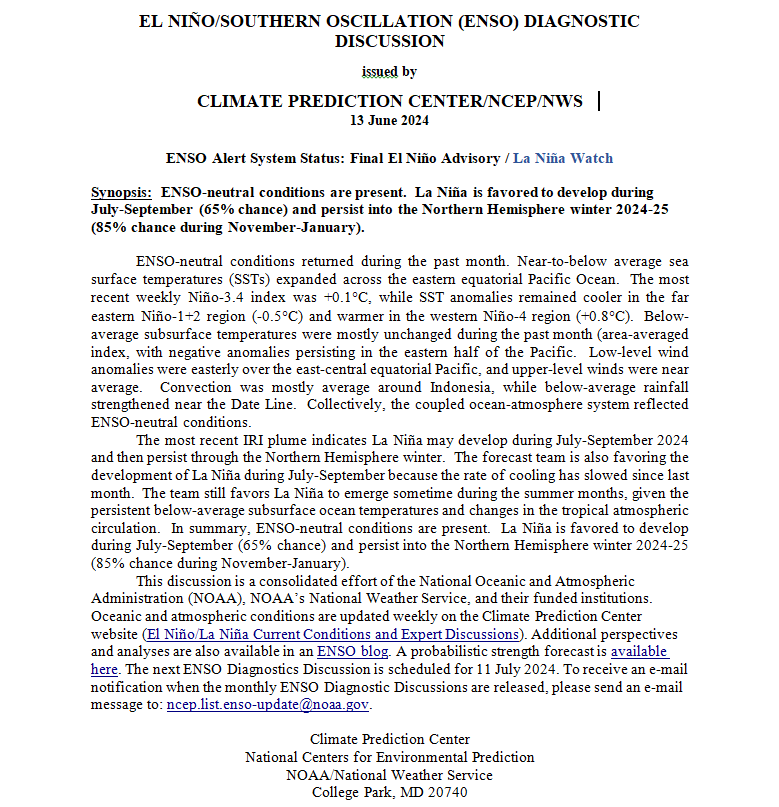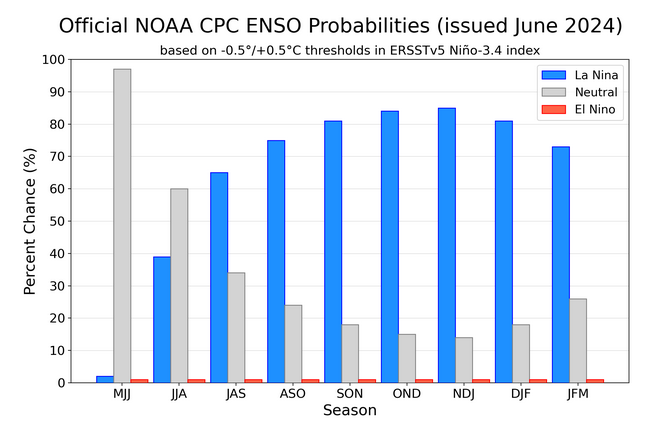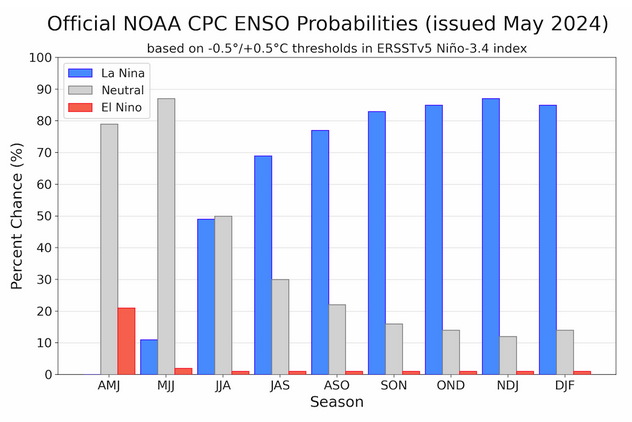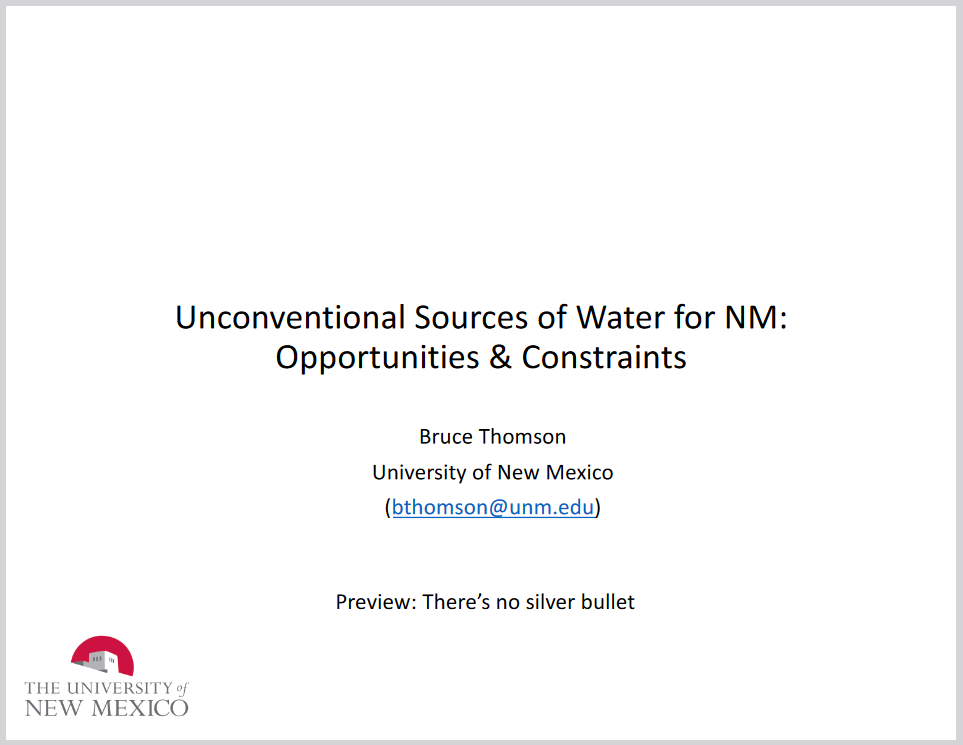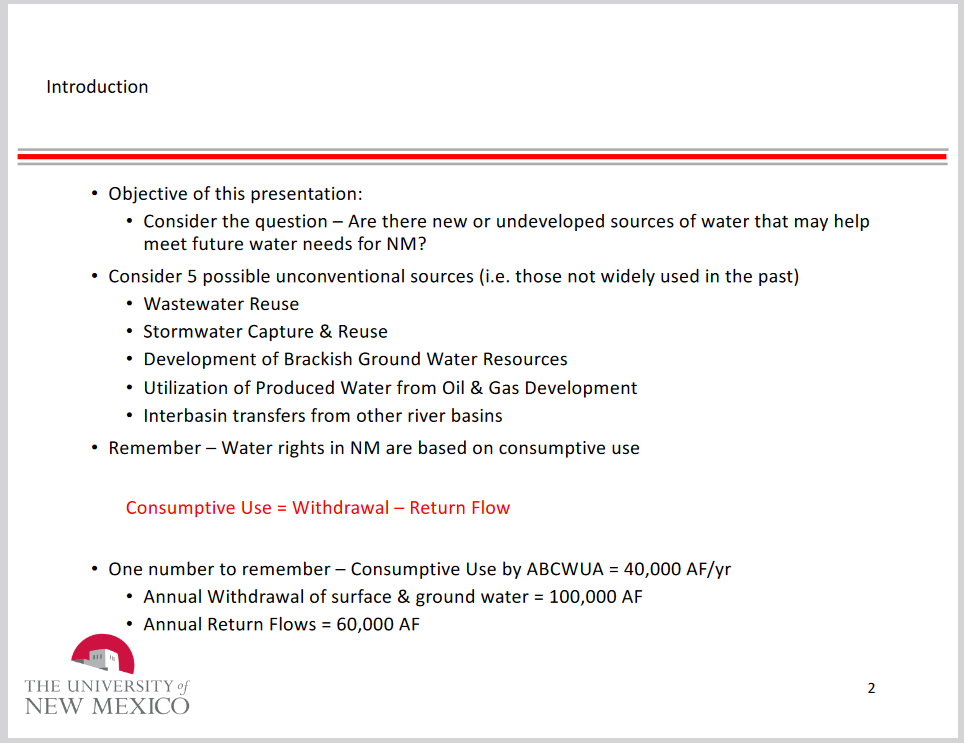Today Through the Fourth Friday (22 to 28 days) Weather Outlook for the U.S. and a Six-Day Forecast for the World: posted June 15, 2024
This article focuses on what we are paying attention to in the next 48 to 72 hours. The article also includes weather maps for longer-term U.S. outlooks and a six-day World weather outlook which can be very useful for travelers.
First the NWS Short Range Forecast. The afternoon NWS text update can be found here after about 4 p.m. New York time but it is unlikely to have changed very much from the morning update. The images in this article automatically update.
Short Range Forecast Discussion
NWS Weather Prediction Center College Park MD
Sat Jun 15 2024
Valid 12Z Sat Jun 15 2024 – 12Z Mon Jun 17 2024…Multiple rounds of severe thunderstorms and locally heavy rain expected
to impact various locations in the northern and central U.S. through the
next couple of days……Late-season wet snow is forecast for the northern Rockies beginning on
Monday……A plume of tropical moisture is forecast to reach the central Gulf
Coast on Monday……A heat wave will quickly spread from the northern Plains this weekend
into the Great Lakes on Monday…As a series of fronts pushes the showers and storms off the East Coast
early this morning, an active and changeable weather pattern will
establish across the Pacific Northwest. The unseasonably cold and
blustery conditions across this region will be in stark contrast with the
heat that is forecast to quickly spread from the northern Plains this
weekend, reaching into the Great Lakes on Monday. Areas in between these
temperature extremes will be under an active storm track where low
pressure systems will develop and move through in quick succession. The
first round of showers and storms associated with a leading system is
forecast to spark thunderstorm activity from the central Plains early this
morning to the upper Midwest by tonight. Multiple rounds of heavy rain
associated with these storms could lead to areas of flash flooding between
eastern Nebraska and northern Wisconsin. Additionally, a trailing and
stronger low pressure system is forecast to intensify and move quickly
across the northern Plains tonight. This system will help produce strong
to severe thunderstorms across parts of eastern Montana into North and
South Dakota. Unseasonably cold and windy weather will continue into
Sunday and Monday across the Northwest as yet another cold upper trough
reaches the Pacific Northwest. This system will reinforce the
unseasonably cold and windy conditions across the region on Monday along
with wet snow moving into the northern Rockies, therefore prompting the
issuance of Winter Storm Watches. Meanwhile, an area of rain and
thunderstorms is expected to develop and expand across the northern Plains
toward the upper Midwest where a stationary front strengthens ahead of a
developing low pressure system over the central High Plains.Across the Florida Peninsula, the threat of heavy rain continues to
diminish as the main tropical moisture plume is forecast to swing farther
west and head toward the central Gulf Coast during the next couple of
days. Nevertheless, some thunderstorms that manage to develop over
southern Florida could result in local flooding issues given the already
saturated soil. By Monday morning, heavy rain associated with the
tropical moisture plume could begin impacting the central Gulf Coast
region. In contrast, a refreshingly dry airmass behind a cold front
should lead to beautiful weather this Father’s Day weekend throughout the
Northeast, Mid-Atlantic, and Ohio Valley.The other main weather story this weekend will be the simmering heat
impacting areas from the Southwest to the Gulf Coast and Southeast. Highs
are forecast to reach the triple digits throughout much of the Desert
Southwest, with upper 90s stretching from the Southeast to parts of the
Southern Plains. Above average temperatures are also forecast across the
central Great Basin and northern Plains ahead of a cold front, with well
below average temperatures encompassing the Pacific Northwest. By Sunday,
an upper level ridge is anticipated to begin building across the Eastern
U.S., with anomalous heat starting in much of the Midwest, Central Plains,
and Tennessee Valley. Highs are forecast to reach the upper 90s, with
maximum heat indices near 105 degrees. When combined with warm overnight
lows, major heat risk could affect anyone without effective cooling and/or
adequate hydration. Be sure to remain weather aware and follow proper heat
safety!

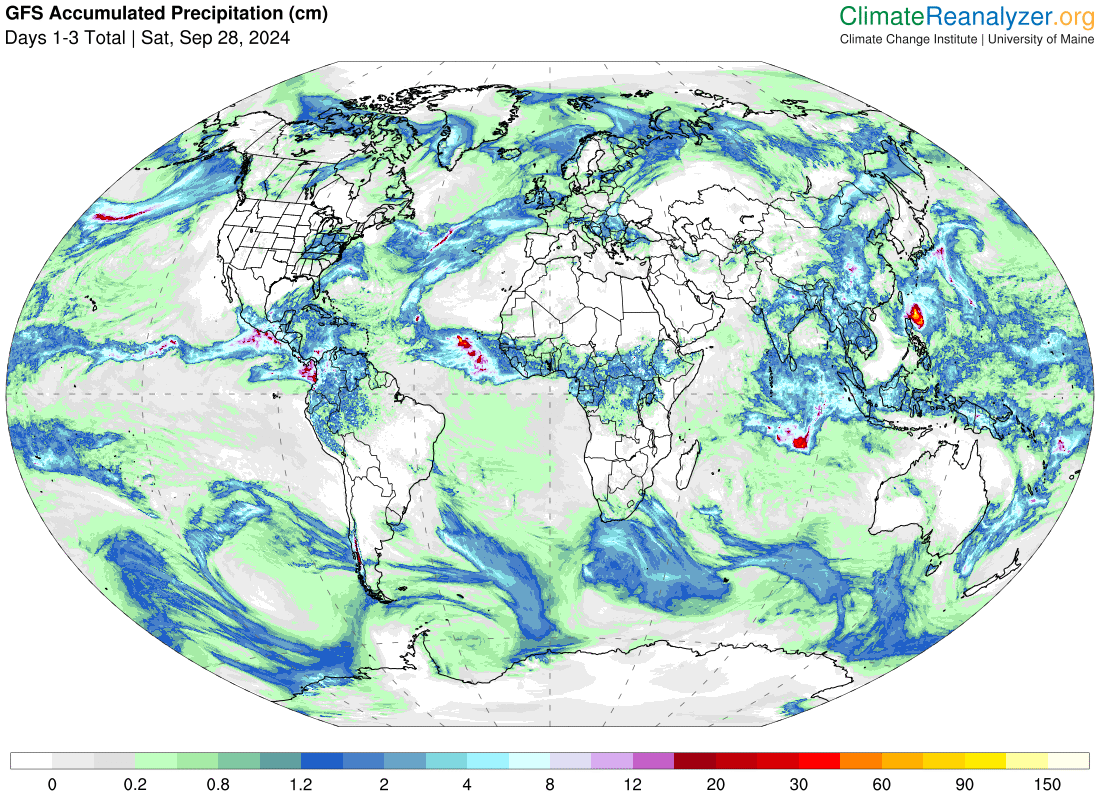
 >
>